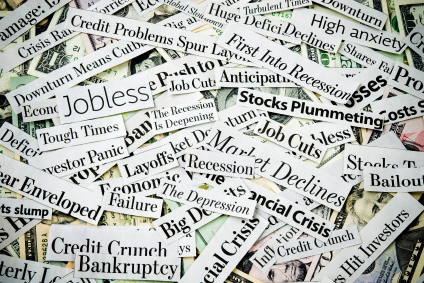Investing
No rise until late next year, says Cazenove’s Jeffries

Richard Jeffries, chief investment officer at Cazenove Capital, says the Bank of England could have raised interest rates this year, but the UK economy is now starting to lose momentum making a rise more difficult.
He believes interest rates will now rise in the third or fourth quarter of next year. He adds: “It might have been appropriate to start raising rates sooner: The longer they remain abnormally low, the more low rates are built into consumer and industry decision-making. This means that the economy is more vulnerable when rates do go up.”
In common with Prime Minister David Cameron, Jeffries believes that the weakness in the Eurozone is a problem for the UK economy: “Initially there was a pattern of recovery very similar to that of the UK, but there has been a divergence since 2012, when the Eurozone slipped backed into recession and has only managed an unconvincing recovery since then.”
He says that the Eurozone construct is a deflationary force, particularly for countries such as Italy and France: “It forces them to try and maintain competitiveness with Germany by holding down labour costs, but they have structural rigidities in their labour markets.”
The US economy gives the biggest cause for optimism, says Jeffries, and is likely to grow in excess of 3% next year. The UK is likely to manage 2.5 per cent. Emerging markets will continue to struggle as they adjust to lower demand from developed markets. China’s growth rate may drop below 7 per cent.
In this scenario, fixed income remains the most ‘at risk’ asset, says Jeffries, but that doesn’t mean a sell off in bond markets is imminent: “Markets can go for long periods when we know that something is unsustainable, but we don’t know when it will fall over.” Over the longer-term, he believes UK 10 year government bond yields should be nearer 4 per cent (current level 2.13 per cent) and the movement higher may be disorderly.
In terms of stock markets, Jeffries believes that the US looks more expensive than it is: “The US has experienced the best recovery and the best momentum.” He says that investors in Europe need to focus on those companies that are exporting to higher growth economies, while the UK market looks relatively attractively valued at these levels.